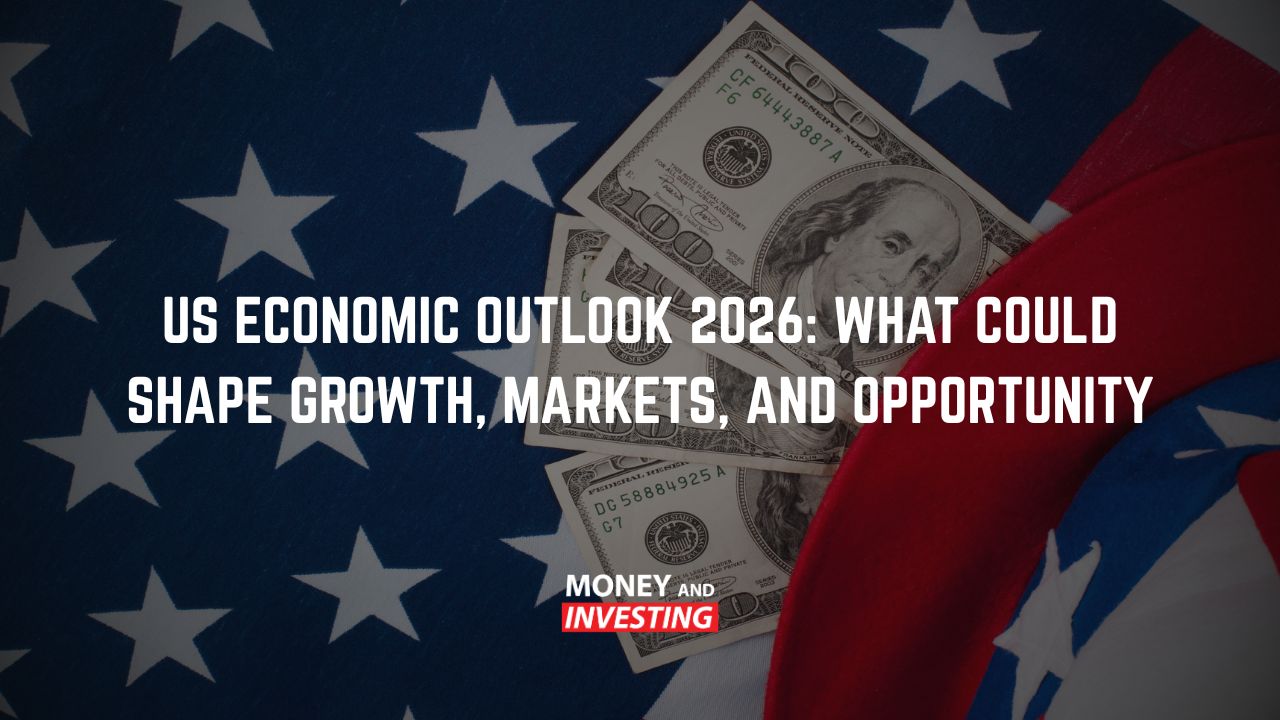By the year 2025, investment scams have become even more sophisticated, making it difficult for seasoned investors to avoid traps. Knowing what to look out for is no longer an option. It is essential for safeguarding your hard-earned money, as well as your self-esteem as an investor.
What follows is a guide to common scams, their methods, and simple steps you may take to protect yourself.
How to Spot the Investment Red Flags
The most acute and tell-tale sign of legitimacy is licensing. As an example, in Australia, any company dealing with investment education and advice or investment management must have an Australian Financial Services Licence (AFSL).
Best if you run away immediately if a company claims it does not need one. Even if a company is only giving out information, they must possess a license if any financial advice is being rendered.
Check beyond social media and landing page. Search for a company website with an listed Australian physical office address, and a Financial Services Guide (FSG) that is visible. A company lacking these facets is a huge red flag.
Requesting money transfers through offshore companies is another notable indicator of danger. Regardless of their country of operations, legitimate Australian provides must possess an Australian Financial Services License (AFSL).
Common Investment Scams Watch Out for in 2025
1. Ponzi Schemes
Receiving money from new investors in order to pay off earlier ones has become a common scam, even in 2025. Scams like this continue to thrive as newer customers are frequently duped, giving the impression that profits are coming in legitimately.
Sadly, no actual investment activity is occurring. This type of Ponzi Scheme. In Australia, Melissa Caddick serves as a shocking reminder of how dire these types of saddening schemes can be.
Best known for scamming multi-million dollar clients, Madoff was berated by the media over these activities for years until his death admitting no wrongdoing until he was put behind bars, showcasing even seasoned investors can get caught by the scam. Australia’s Melissa Caddick serves as a shocking reminder of how dire these types of saddening schemes can be.
Schemes operating within cryptocurrency are the more optimised versions and are more lethal, dazzling recipients with fairy tale promises of 1% daily returns and other absurdly unrealistic bonuses. Investing in even semi reputable companies blasting urge to invest economies’ and pay ridiculous daily returns typically draw Ponzi Schemes.
2. Pump and Dump Schemes
Organised groups trade together without the actual product in a refill of funds passing money directly with no real trade, causing the fake scarcity to pump and then dump stocks or other assets. Pump and dump scams artificially inflate sell value, gambling stock prices of small capital stocks or cryptocurrencies. As soon the price card is adequate, scammers dump their holdings, resulting in huge losses to their victims.
In the modern era of hype and publicity done through chat rooms, social media, and forums, speculation or pump and dump schemes are nearly impossible to identify, as they work on exploiting emotions such as FOMO (the fear of missing out) and enable individuals to dream of making quick profits.
Whenever you are exploring investment options, steer clear of assets that have no real reason behind their sudden price increases. If the price buys sharply, and you are unable to pin down a valid source which would breakout legitimate news, it is best to distance yourself.
3. Fake Investment Gurus
The emergence of internet fake gurus are equally troubling. These individuals try to flaunt a luxurious lifestyle filled with jets, mansions, and cars, claiming that their strategies single handedly netted them large quantities of wealth.
Contrary to genuine financial educators who focus on providing value, this behavior is aimed at encouraging emotional financial choices with ridiculous attention-grabbing techniques and false marketing tactics. The biggest causes of concern, however, tend also to be:
- Lifestyle-focused advertising featuring luxury items
- Lack of a financial services licence
- Requests to join WhatsApp groups for exclusive investment advice
- No visible trading history or regulatory credentials
Real-Life Scams Example: Learning from Others’ Mistakes
Scamming and being smart with one’s money are two entirely separate affairs. The sophisticated process of investment scams revolves around winning a victim’s trust and then, only then, take the money.
This one example is about one of the investors that collaborated with a purported company from London. After reaping small gains from initial investments, even small withdrawals facilitated, the investor was motivated to contribute more. When it was finally time to make a substantial withdrawal, the firm upfront required a payment of withholding tax. At this point, alarm bells were ringing but luckily for the investor, not paying led to avoiding deeper losses.
In another more common approach, false portals are created and published online to show as if they genuinely provide investors with returns. These have no ties to any real financial market.
Using a reputable broker that provides active trading services and is regulated in a reputable jurisdiction greatly mitigates the chances of being defrauded.
Steps to Safeguard Against Any Scam
- To not get caught in the web of investment scams:
- Always check for AFSL and FSG documents.
- Confirm the investment account links to a credible financial exchange.
- Be wary of investment proposals coming from outside the country.
- Never use informal channels like WhatsApp to pay as a mode of payment for any opportunity.
- Do not entertain investment proposals that appear largely unrealistic, for instance, providing daily returns.
- Conduct due diligence with reputable companies that have been in business for some time and have corroborating documents.
- Always seek expert opinions before investing large amounts of money.
- Professional firms operating in Australia are easily verifiable having physical locations, background checked staff, insured, and client protection protocols in place.
Final Thoughts
Investment scams are far worse than losing money and recovering one’s finances scams like these have long lasting effects on an individuals cognitive investing capabilities.
Recovering from a financial scam requires more than just finances, it involves trusting one’s decision and next steps as well as surrounding oneself with regulated professionals.
Acknowledging a scam does not mean that one has failed in any way because falling for scams is a test most investors, even the more careful ones, are designed to fall for. Proper due diligence and correct procedures along with the right questions and processes will steer clear of traps and promote real wealth growth.
Securing a financial future means that consultations should only be done with licensed professionals. Simple checks that are often overlooked can cost far greater than anticipated.



